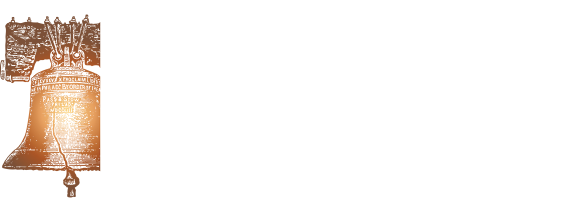Religious Liberty - Historical
The First Liberty. William Lee Miller. This is perhaps the best single volume telling the story of our founding fathers and the development of religious freedom in the colonial era, by a scholar from the University of Virginia, birthplace of so much history.
The Establishment Clause: Religion and the First Amendment. Leonard W. Levy. This volume is a favorite to understand the meaning of the Establishment Clause to the ones who drafted it. What were the issues in colonial America that the First Amendment was intended to address? Whether or not you believe in arguments about “the intent of the framers” or “original intent,” it is instructive to recover an authentic colonial perspective. This book will surprise many in its analysis and conclusions.
Church and State in America. Edwin S. Gaustad. This is part of a 17 volume series from Oxford University Press on Religion in American Life. It is a superb basic overview of two centuries of history and law.
American Gospel. Jon Meacham. Rarely does a book about religion in America make it to the NY Times bestseller list. It helps if you are the editor of Newsweek. Jon Meacham has written a very readable, historically balanced and valuable book about religion in the new republic, and religious liberty. This is a great place to start your studies and reading. It also has a marvelous appendix of important documents in the history of religious liberty.
Neither King nor Prelate: Religion and the New Nation 1776 – 1826. Edwin S. Gaustad. Gaustad is very readable and accurate in recounting essential history of the colonial period.
Liberty of Conscience: Roger Williams in America. Edwin S. Gaustad. Roger Williams is the one who originated the concept and language about a wall or hedge of protection between church and state. The founder of Rhode Island, the life and thought of Williams is crucial to the development of religious freedom in America, and highlights the profound role played by Protestant theology.
The Search for Christian America. Mark A, Noll, Nathan O. Hatch and George M. Marsden. These prominent evangelical and Catholic scholars have teamed up to provide a readable discussion of the historical record pertaining to the Christian nation debate. Both advocates and critics of the Christian nation enterprise will find things to love and hate about the book. But it is readable and helpful.
The First Freedoms: Church and State in America to the Passage of the First Amendment. Thomas J. Curry. A valuable resource in many respects, although it reflects a bias in favor of non preferential aid to religion, an unsurprising bias given the author’s Catholic background.
Night. Elie Wiesel. This author and humanitarian is the recipient of the Nobel Peace Prize. Among his most gripping books is this very short, poignant autobiographical narrative about his experience as a young man in the Nazi concentration camps. We cannot afford to forget what inhumanity man has produced. This book is a great place to start remembering. It is deeply moving.
Religion and the American Constitutional Experiment. John Witte, Jr. The reviewers quoted on the back cover give this book high marks. The author is director of the law and religion program at Emory University, Atlanta, and a specialist in legal history and religious liberty.
The Story of Religion in America. William Warren Sweet. A classic, first published in 1930.
Adventism and the American Republic: The Public Involvement of a Major Apocalyptic Movement. Douglas Morgan. A Seventh-day Adventist historian examines the role of his own church in public policy issues.
The Catholic Church and the Holocaust. Michael Phayer. The Catholic Church has had a difficult relationship with the Jewish community over a very long period of time. Repeated offenses by the church have deeply alienated Jews. To understand the divide between Jews and Christians, one must begin to grapple with the history, including the troubling subject of this book.
